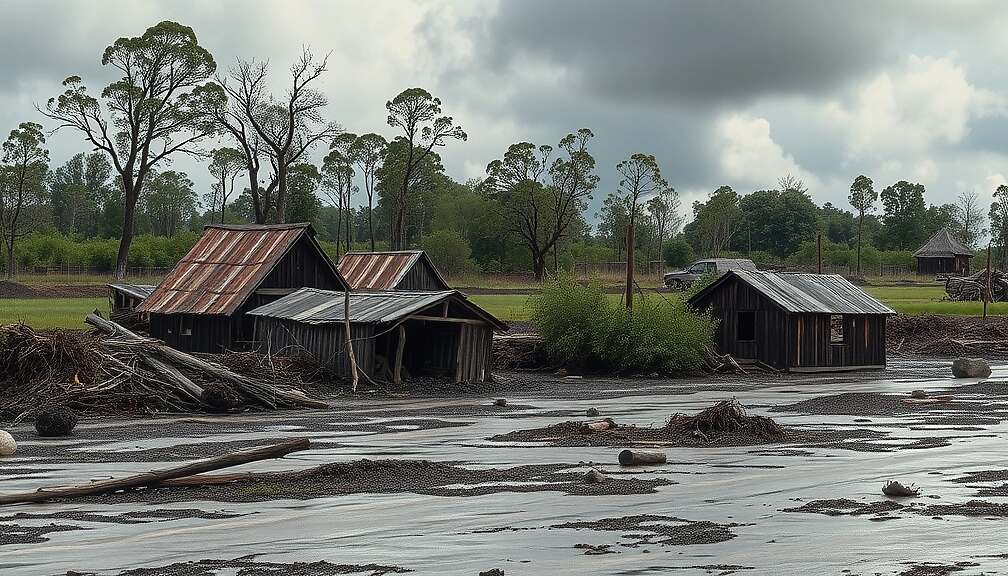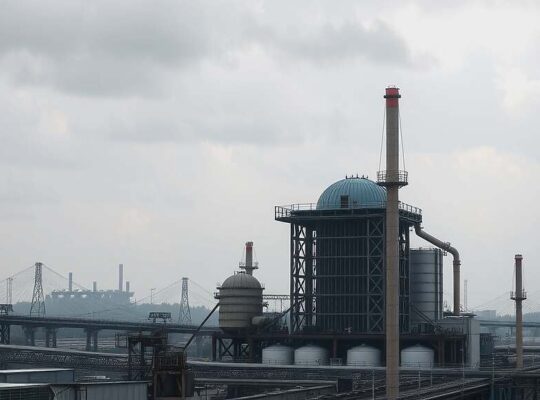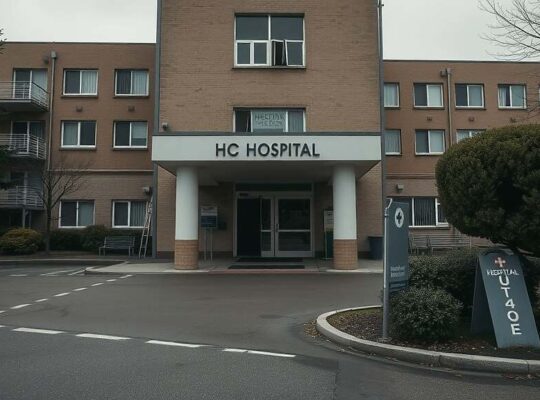A comprehensive assessment reveals that seven out of nine critical planetary boundaries – the thresholds defining a safe operating space for humanity – have now been exceeded. A newly released report from the Planetary Boundaries Science Lab at the Potsdam Institute for Climate Impact Research (PIK) officially designates ocean acidification as having crossed this threshold, marking a significant escalation in concerns about the Earth’s stability.
The report highlights that over three-quarters of essential Earth system functions are no longer within a “safe” zone. Researchers caution that humanity is moving beyond this zone, escalating the risk of planetary destabilization.
Beyond climate change, the exceeded boundaries include biosphere integrity, land-use changes, freshwater cycle disruption, alterations to biogeochemical cycles, the introduction of novel substances and now, ocean acidification. Each of these indicators demonstrates a concerning trend.
“The trajectory is clearly heading in the wrong direction” stated Levke Caesar, a co-lead of the Planetary Boundaries Science Lab and lead author of the report. She emphasized the detrimental effects of ocean acidification, alongside declining oxygen levels and an increase in marine heatwaves, which are putting immense pressure on a system crucial for stable living conditions.
According to the report, rising ocean acidity is primarily attributable to emissions from fossil fuel combustion, compounded by warming and oxygen depletion. These combined factors have significant ramifications for food security, climate stability and overall human well-being.
The nine planetary boundaries represent the functioning of the Earth system – a network of interconnected processes that must remain within defined limits to ensure human safety and environmental resilience.
Johan Rockström, Director of PIK and co-author of the report, concluded that while the assessment paints a stark picture, the situation is not irreversible. “The new planetary health check shows: The state of our planet is deteriorating massively. However, this development is not inevitable” he said. He pointed to examples of positive change, like the decline in air pollution from aerosols and the recovery of the ozone layer, as evidence that global trends can be reversed. “Failure is not a necessary outcome; it’s within our power to prevent it”.












